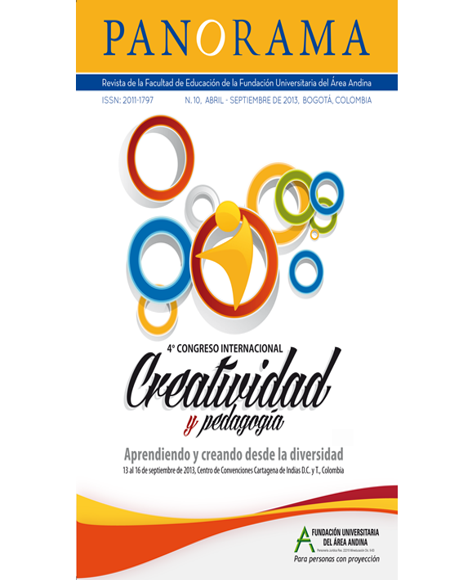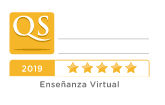Abstract
In this talk/paper I will try to link the three themes of this conference by discussing and, indeed, critiquing, education in the context of sustainable development (ESD) from a perspective of critical thinking and transformative learning. I will argue that our quest for a more sustainable world requires a sense of place and identity as well as decolonizing pedagogies and socially responsible knowledge co-creation. The search for sustainability cannot be limited to classrooms, the corporate boardroom, a local environmental education center, a regional government authority, etc. Instead, learning in the context of sustainability requires ‘hybridity’ and synergy between multiple actors in society and the blurring of formal, non-formal and informal education. A good example of such hybridity can be found in the so-called ‘whole school approaches to sustainability’ where schools establish linkages between questions around food, energy and health and the curriculum (both espoused and hidden and the community of which it is part). Opportunities for this type of learning expand with an increased permeability between units, disciplines, generations, cultures, institutions, sectors and so on. At the same time we must beware of the use of sustainability and sustainability education in a-critical ways that, albeit intentionally or unintentionally, lead to a consolidation of current hegemonic (economic) systems and educational practices thereby amplifying unsustainability. I will base my argument on a review I did for UNESCO of the kinds of learning that are emerging in the context of the UN Decade of Education for Sustainable Development.
Keywords: transformative learning, transformative learning, emerging educations.

 PDF (Español (España))
PDF (Español (España))
 FLIP
FLIP




